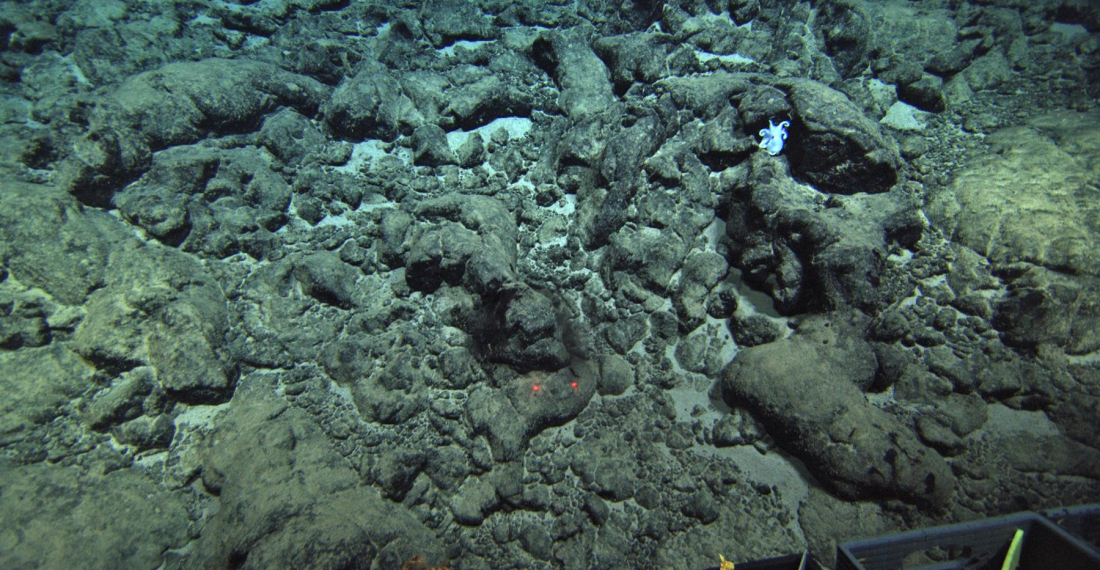Members of the European Parliament are calling on the European Commission to impose a temporary ban on deep-sea mining until there is more clarity on the effects this has on the environment and worldwide ecosystems.
Manganese nodules are found on the deep-sea bottom, particularly in an area between Hawaii and Mexico at depths of 4-6 kilometres. These mineral concretions on the sea bottom contain significant and relatively rare-earth elements such as cobalt, copper, and nickel, widely used in electric cars and other sustainable technologies.
Various environmental organisations, such as Greenpeace, have long been warning of the harmful effects of mining manganese tubers on the seabed ecosystems, such as coral and sponges. It is feared that long-term damage may be caused. The European Parliament now states that additional research into the effects on worldwide biodiversity and how this can be safely dealt with must first be carried out.







